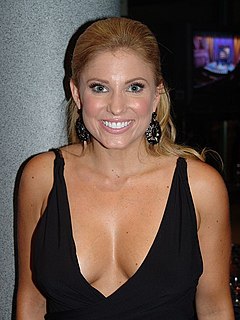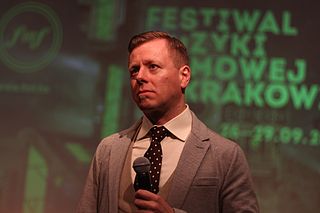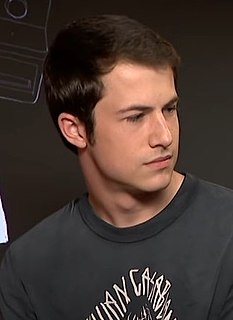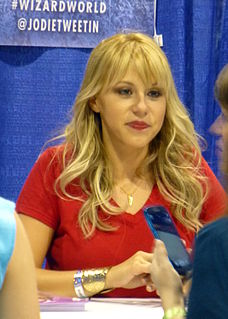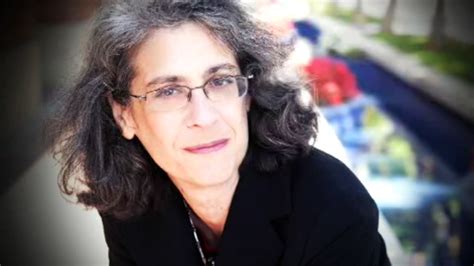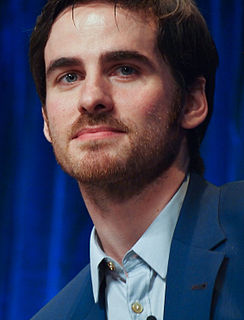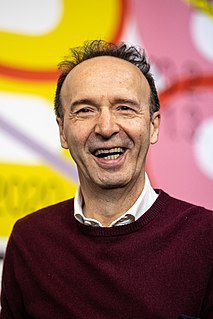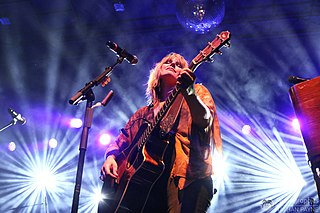A Quote by Julie Roberts
I didn't have a good childhood growing up.
Quote Topics
Related Quotes
Growing up means letting go of the dearest megalomaniacal dreams of our childhood. Growing up means knowing they can't be fulfilled. Growing up means gaining the wisdom and the skills to get what we want within the limitations imposed by reality - a reality which consists of diminished powers, restricted freedoms and, with the people we love, imperfect connections.
When I say myself, I don't mean just as a woman of color, as a girl who's growing up in the Bronx, as people growing up in some way economically-challenged, not growing up with money. It was also even just the way we spoke. The vernacular. I learned that it's alright to say "ain't." My characters can speak the way they authentically are, and that makes for good story. It's not making for good story to make them speak proper English when nobody speaks like that on the playground.
